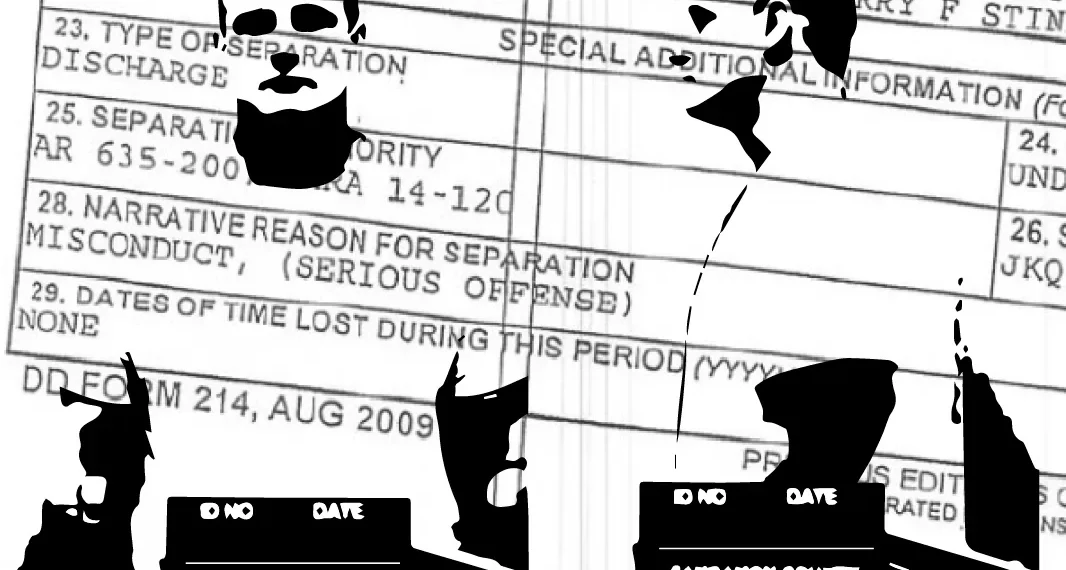In a shocking turn of events, it has been revealed that Sean Grayson, the deputy accused of the murder of Sonya Massey, was previously discharged from the U.S. Army for serious misconduct. This disturbing revelation raises questions about the hiring practices of police departments in Central Illinois and the need for stricter background checks.
The tragic death of Sonya Massey has sent shockwaves through the community, and the arrest of Deputy Sean Grayson has left many wondering how someone with a history of serious misconduct could be employed in such a crucial and responsible position. According to reports, Grayson was discharged from the U.S. Army for his actions, yet he was still able to secure employment at six different police departments in Central Illinois.
This raises serious concerns about the hiring practices of these police departments. How was someone with a history of misconduct able to slip through the cracks and be entrusted with the safety and well-being of the community? It is a grave mistake that has resulted in the loss of an innocent life and has shattered the trust between law enforcement and the public.
It is the responsibility of the police department to thoroughly vet and screen all potential candidates before hiring them. This includes conducting thorough background checks to ensure that the individual has a clean record and is fit for the job. However, in the case of Sean Grayson, it seems that this crucial step was overlooked, and the consequences have been devastating.
The fact that Grayson was able to secure employment at not one, but six different police departments, despite his past misconduct, raises questions about the effectiveness of the hiring process. It is a clear indication that there are loopholes in the system that need to be addressed immediately. The safety of the community should be the top priority, and it is the responsibility of the police department to ensure that only the most qualified and trustworthy individuals are hired.
This is not the first time such a situation has come to light. In recent years, there have been several cases where individuals with a history of misconduct have been employed in law enforcement, resulting in tragic consequences. It is a wake-up call for all police departments to re-evaluate their hiring practices and make necessary changes to prevent such incidents from happening in the future.
The case of Sonya Massey’s murder has also sparked a debate about the treatment of veterans in our society. It is a known fact that many veterans struggle to readjust to civilian life after serving in the military. They often face mental health issues, which can lead to misconduct and other problems. It is the responsibility of the government and society as a whole to provide proper support and resources to help these veterans transition back into civilian life successfully. This includes providing access to mental health services and job opportunities that are suitable for their skills and qualifications.
In the case of Sean Grayson, it is clear that he did not receive the necessary support and guidance to help him overcome his past misconduct. Instead, he was able to slip through the cracks and secure employment in a position of authority, which ultimately led to a tragic outcome. It is a failure on the part of the system and a wake-up call for all of us to do better in supporting our veterans.
In conclusion, the news of Sean Grayson’s past misconduct and subsequent employment at six different police departments in Central Illinois is a shocking revelation that has left the community in disbelief. It highlights the need for stricter background checks and a thorough evaluation of the hiring practices of law enforcement agencies. It is also a reminder of the importance of providing support and resources to our veterans, who have sacrificed so much for our country. Let us use this tragic incident as an opportunity to make necessary changes and prevent such incidents from happening in the future. Our community deserves nothing less than the best, and it is the responsibility of the authorities to ensure that only the most qualified and trustworthy individuals are entrusted with the safety and well-being of the public.






